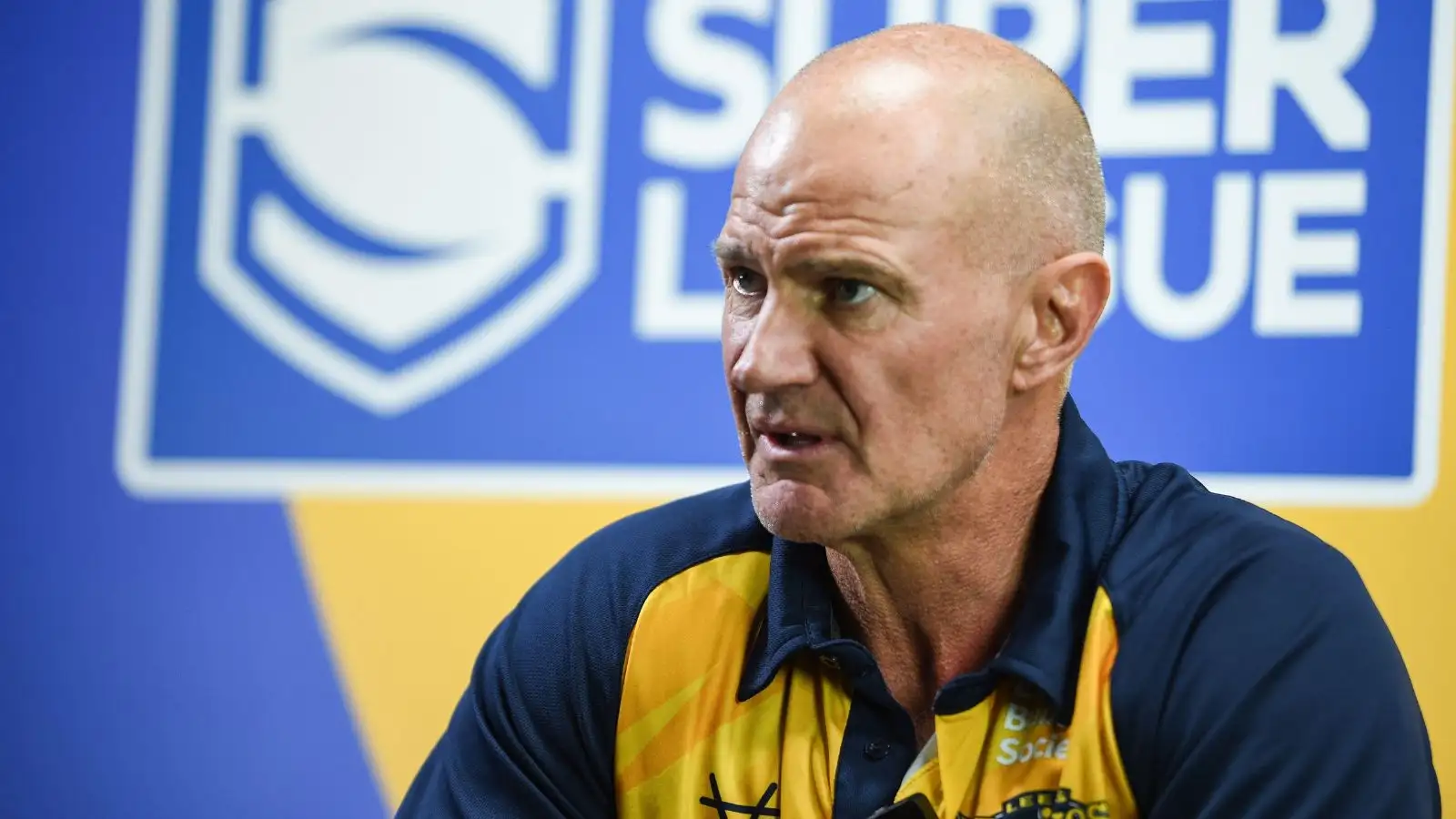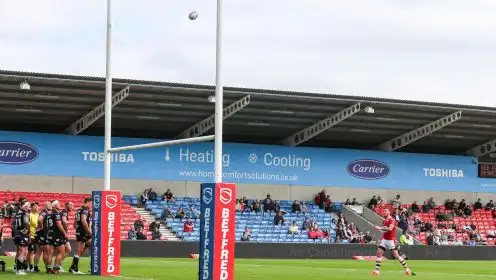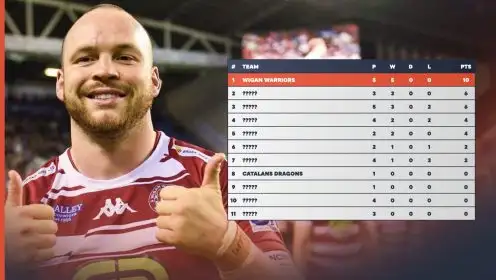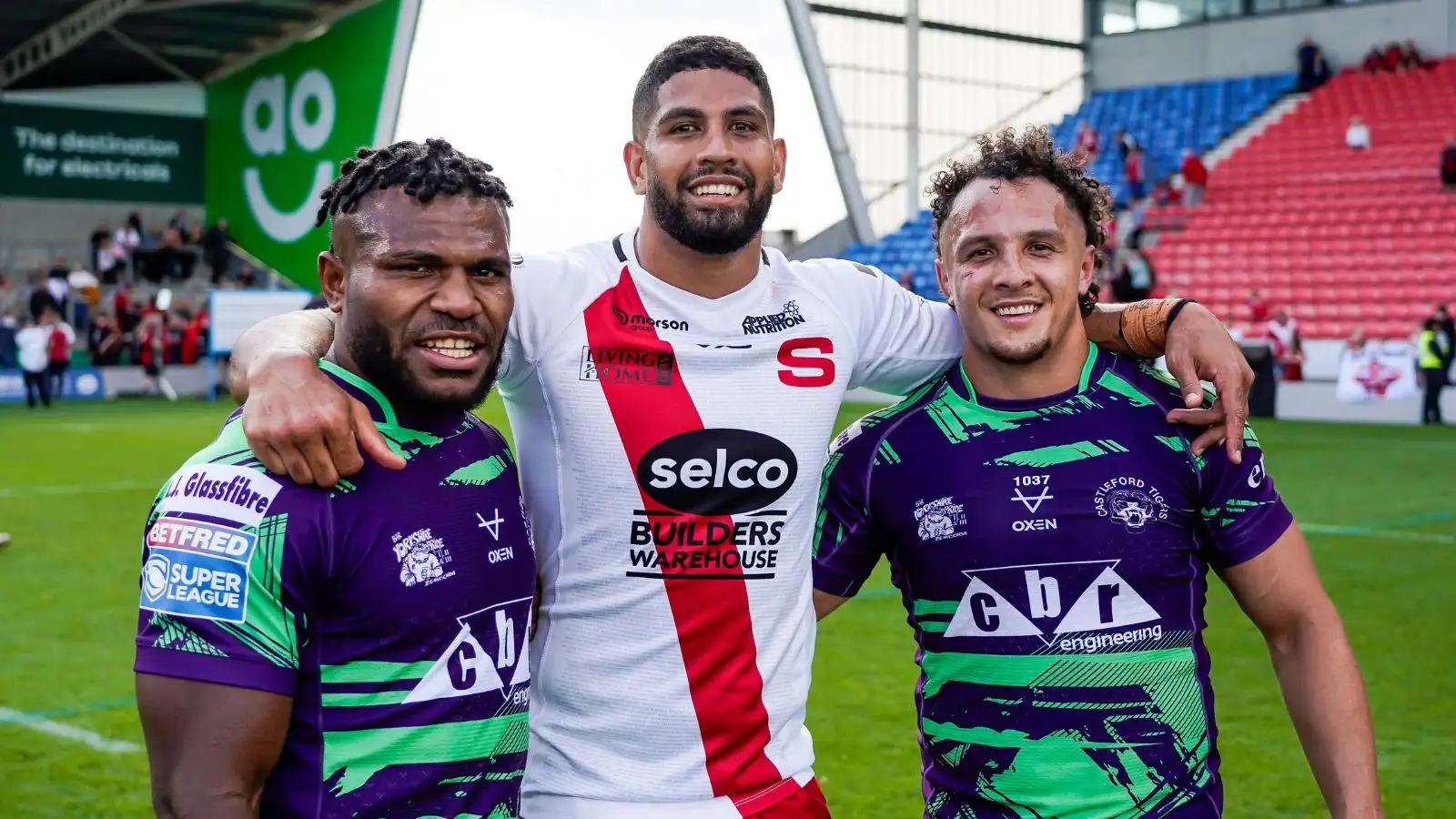Liam Finn fiercely proud of Irish success
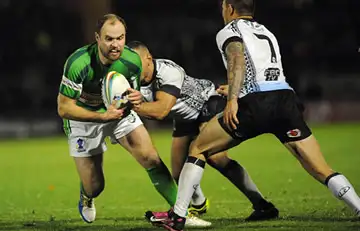
Castleford scrum-half Liam Finn is a man who is very proud of representing Ireland at international level.
The 31-year-old halfback’s later father hailed from County Wexford, and Finn was as disappointed as anyone when the Irish team came so close to winning the European Championship last year, only to fall just short at the final hurdle.
Scotland ended up securing the title of European champions on points difference, with Ireland only one converted try away from claiming the crown, along with a place in the next World Cup and the 2016 Four Nations.
“It was very disappointing, we were one try away from doing it,” Finn told Love Rugby League.
“But we lost the ball and conceded a try. The big thing for us would have been qualification for the World Cup, which would have been massive.
“The Four Nations might have been a bit of a poisoned chalice, but the World Cup thing was definitely massive for Ireland Rugby League to grow.”
Finn knows that the profile of our game in the Emerald Isle is still too low, which makes the achievements of the Mark Aston-coached national side even more impressive.
He acknowledges that the development of the sport in Ireland is plagued by the issues which face the sport globally.
As well as the financial muscle and high media profile that more middle-class rugby union can bring to the table, Irish rugby league also has to compete with traditional Gaelic sport.
“There’s not much rugby league played in Ireland, we’re still very much in our infancy there as a sport,” Finn explained.
“Obviously, rugby union is massive, and they’ve got all the Gaelic games, so we’re punching well above our weight at the moment.
“But we’ve got a massive battle on our hands, and not least because of the fact that league is a working-class sport.
“In Ireland, we’re taking on the mighty financial backing of the other sports, and it makes it very difficult.
“But they’re making progress there, and starting to get funding.
“Hopefully more funding will get more people into part-time and full-time roles and they can grow it that way.”
One feature of the European Championship was the presence of some domestic Irish players. Finn was encouraged by the presence of homegrown talent, but felt that the ruling regarding the compulsory selection of five such players in the squad needed to be changed.
“It’s nice to have the domestic players in and around the squad,” he said.
“But the ruling’s on it need to be looked at. I don’t think it’s really fair to say that you have to play so many domestic players.
“I agree with the principle of it – to get them involved with the first team.
“But at the end of the day, it’s supposed to be an international team, and you’ve got to be good enough to play and earn that on merit.
“When those players earn the chance to play on merit, then that’s when Ireland will really be progressing as a nation.”
Another frustration for Finn is the reluctance of Super League players to put their hands up to play in international events like the European Championship.
Like Scotland skipper Danny Brough, though, Finn has a strong loyalty to his ancestral homeland, not least because the Ireland national team has stuck by him for many years.
“It’s frustrating, but you can see it from every side,” he said.
“You can see it from the players’ point of view, and the clubs’ point of view.
“The clubs are obviously paying wages, and they’re putting pressure on them not to play, and you can understand why they don’t play when it’s such a low profile competition.
“But it’s massive when people like Broughy play. I spoke to Broughy after the game against Scotland, when we played them.
“His overriding feeling when he spoke to me was, ‘Scotland were there for me when I was playing for York City Knights, and nobody else wanted anything to do with me, so I like to show now that I’ll come back and play for Scotland. I really enjoy doing it.’
“That echoes my feelings towards doing it. I’ve always enjoyed playing for Ireland, and, in a lot of respects, I have a great time playing for Ireland regardless of the competition we’re playing in.
“Every year it’s good to turn out and play, and I always try and remember that I was playing for Ireland a long, long time before I was anywhere near Super League.”
